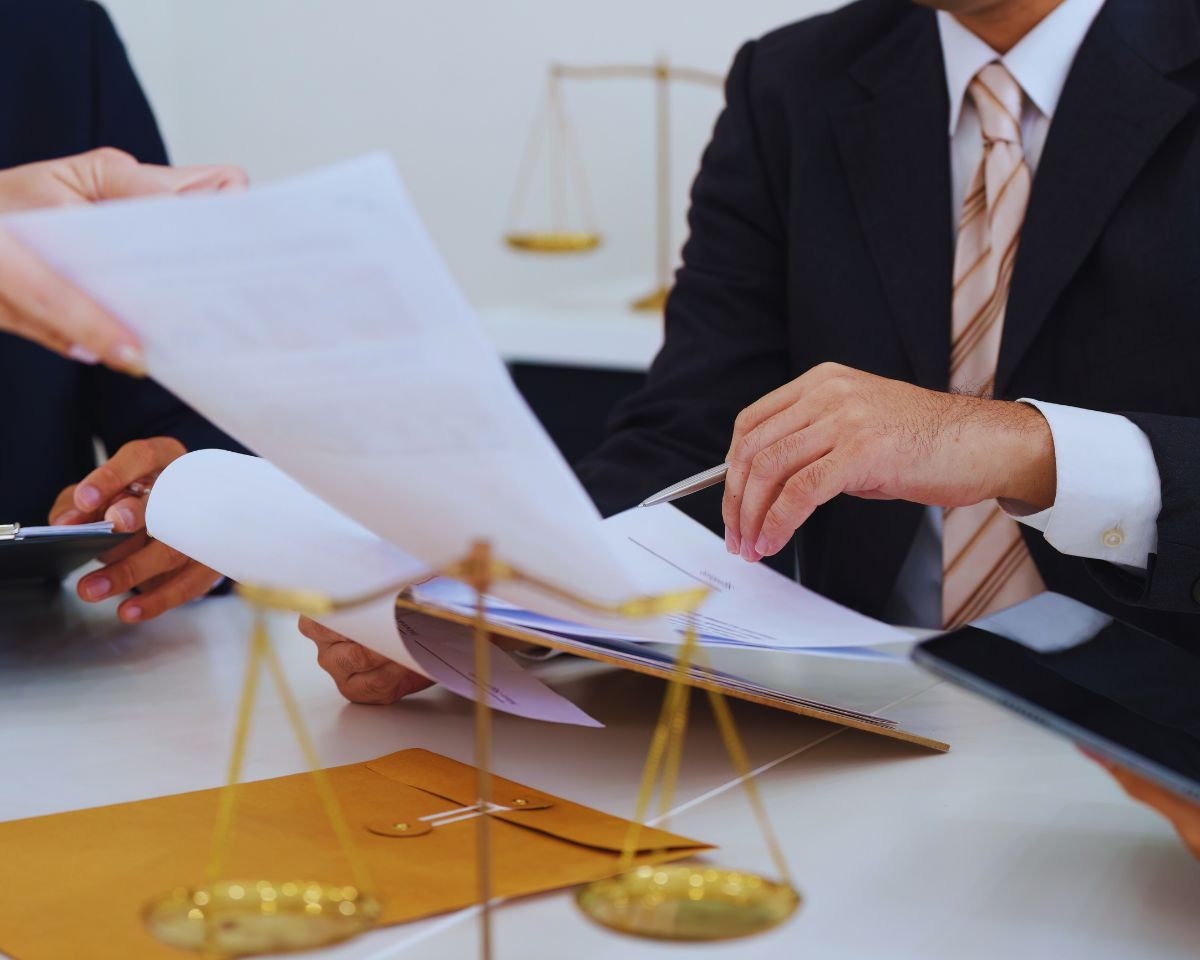In California criminal justice system, discovery plays a crucial role in ensuring fairness and due process. It refers to the pre-trial phase where both the prosecution and defense exchange evidence and information. The discovery process allows both sides to prepare thoroughly, avoid surprises at trial, and evaluate the strength of the case.
Understanding how discovery works—and how it can influence your defense—is essential if you or a loved one is facing criminal charges.
What Is Discovery?
Discovery is the legal procedure through which both sides in a criminal case obtain evidence from each other. It allows attorneys to review the facts, assess the evidence, and make strategic decisions. Discovery ensures that both the prosecution and the defense operate on a level playing field and that no party is caught off guard in court.
Discovery typically begins shortly after formal charges are filed and continues until the trial date. Rules for discovery vary from state to state, but most jurisdictions have detailed guidelines that govern what must be shared and when.
What Does Discovery Include?
The materials shared during discovery can be extensive and include a wide variety of evidence. Common forms of discovery in a criminal case include:
Police reports
Witness statements and witness lists
Video and audio recordings (such as body cam footage or 911 calls)
Lab and forensic reports
Photographs of the crime scene
Physical evidence
Expert reports and testimony summaries
Exculpatory evidence (any evidence that may show the defendant is not guilty)
The defense may also be required to disclose certain information, such as whether the defendant will claim an alibi or present expert witnesses.
The Brady Rule: Disclosing Exculpatory Evidence
A vital part of the discovery process is the requirement for prosecutors to turn over exculpatory evidence—that is, any information that could be favorable to the defense. This obligation stems from a landmark Supreme Court case and is known as the Brady Rule.
Exculpatory evidence could include:
Testimony that contradicts the prosecution’s version of events
Evidence that challenges a witness’s credibility
Facts that support a lesser charge or lighter sentence
Failure to provide this type of evidence can result in penalties for the prosecution and may lead to dismissal of charges or even reversal of a conviction.
How Discovery Impacts Your Criminal Defense
Discovery is one of the most powerful tools in the hands of a defense attorney. Here’s how it can shape the outcome of a case:
1. Uncover Weaknesses in the Prosecution’s Case
By reviewing the evidence, your attorney may identify inconsistencies, missing elements, or unlawful procedures that can be challenged in court.
2. Suppress Illegally Obtained Evidence
If evidence was gathered in violation of your rights—for example, without a proper warrant—your attorney can file a motion to suppress that evidence.
3. Prepare for Trial
The more information your legal team has, the better they can prepare. Understanding the strength of the prosecution’s case allows your defense to build a compelling counter-narrative.
4. Negotiate a Better Plea Deal
Comprehensive discovery enables your attorney to negotiate from a position of strength. If the evidence is weak or contradictory, the prosecutor may offer a reduced charge or sentence.
5. Impeach Prosecution Witnesses
Discovery often includes statements made by witnesses. If those statements differ from what the witness says at trial, your attorney can use that discrepancy to challenge their credibility.
Discovery Challenges
While discovery is designed to promote fairness, it can be delayed or mishandled. Some common challenges include:
Incomplete or delayed disclosures by the prosecution
Disputes over what evidence is relevant
Excessive redactions or missing records
Variations in discovery rules depending on jurisdiction
In some cases, defense attorneys must file formal motions with the court to compel the prosecution to hand over essential documents or evidence.
Why Having an Experienced Criminal Defense Attorney Matters
The discovery process is complex and can be a minefield of legal rules, procedures, and deadlines. If not managed properly, critical evidence may be missed or excluded. That’s why having a knowledgeable criminal defense attorney is essential.
An experienced attorney knows how to:
Demand and review every piece of evidence
Identify constitutional violations
File effective pre-trial motions
Use discovery to weaken the prosecution’s case
Negotiate from an informed, strategic position
In many cases, what’s uncovered during discovery determines whether the case goes to trial, ends in a plea, or gets dismissed entirely.
Timeline of Discovery
Discovery starts soon after arraignment and typically continues up to the beginning of the trial. There may be court-imposed deadlines for submitting or requesting certain types of evidence. It’s essential that your defense team stays proactive and responsive throughout this process.
If new evidence emerges late in the process, your attorney may seek a continuance (delay) to have enough time to review it. Judges can also sanction parties that fail to comply with discovery rules, which may benefit your defense.
Final Thoughts
Discovery is not just a legal formality—it is one of the most important stages in a criminal case. What happens during discovery can shape every aspect of your defense. It can mean the difference between conviction and acquittal, or between jail time and freedom.
Knowing your rights, understanding the process, and working with an experienced legal team can significantly improve your chances in court.
If you or a loved one is facing criminal charges, don’t leave your defense to chance. At Southwest Legal, our team of seasoned criminal defense attorneys understands the intricacies of the discovery process and how to use it to your advantage. We will fight to ensure that your rights are protected, all evidence is disclosed, and every legal strategy is explored to give you the strongest defense possible. Take the first step toward protecting your future—contact us today for a confidential consultation.





